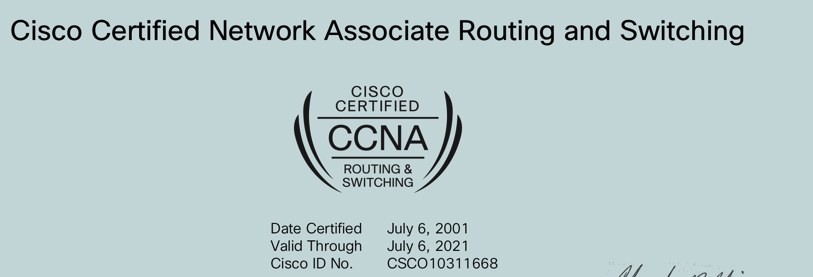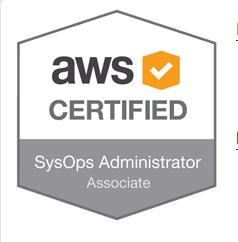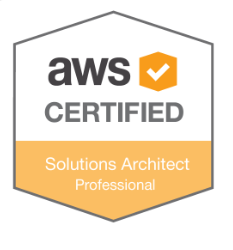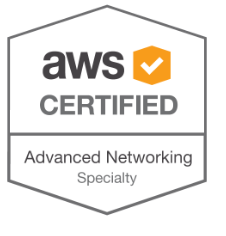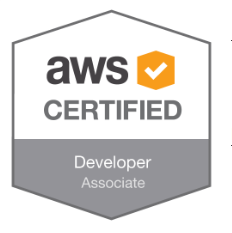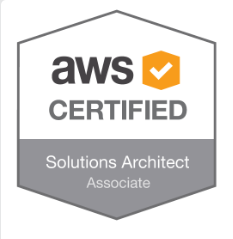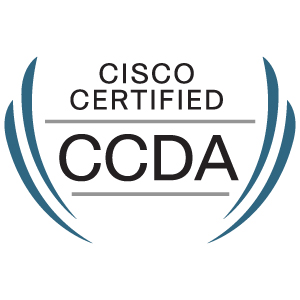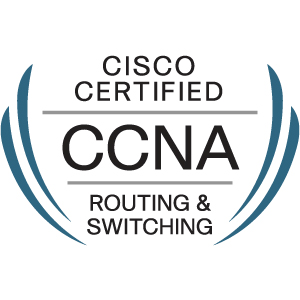Serverless is becoming the 2018 technology hype. I remember when containers were gaining traction in 2012, and Docker in 2013. At technology conventions, all the cool developers were using containers. It solved a lot of challenges, but it was not a silver bullet. (But that’s a blog article for another day.)
Today after an interview I was asking myself, have Containers lived up to the hype? They are great for CI/CD, getting rid of system administrator bottlenecks, helping with rapid deployment, and some would argue fundamental to DevOps. So I started researching the hype. People over at Cloud Foundry published a container report in 2017 and 2016.
Per the 2016 report, “our survey, a majority of companies (53%) had either deployed (22%) or were in the process of evaluating (31%) containers.”
Per the 2017 report, “increase of 14 points among users and evaluators for a total of 67 percent using (25%) or evaluating (42%).”
As a former technology VP/director/manager, I was always evaluating technology which had some potential to save costs, improve processes, speed development and improve production deployments. But a 25% adaption rate and a 3% uptick over last year, is not moving the technology needle.
However, I am starting to see the same trend, Serverless is the new exciting technology which is going to solve the development challenges, save costs, improve the development process and you are cool if you’re using it. But is it really Serverless or just a simpler way to use a container?
AWS Lambda is basically a container. (Another blog article will dig into the underpinnings of Lambda.) Where does the container run? ** A Server. **
Just means I don’t have to understand the underlying container, server etc.etc.etc. So is it truly serverless? Or is it just the 2018 technology hype to get all us development geeks excited, we don’t need to learn Docker or Kubernetes, or ask our Sysadmin friends provision us another server.
Let me know your thoughts.
Serverless is becoming the 2018 technology hype. I remember when containers were gaining traction in 2012, and Docker in 2013. At technology conventions, all the cool developers were using containers. It solved a lot of challenges, but it was not a silver bullet. (But that’s a blog article for another...

